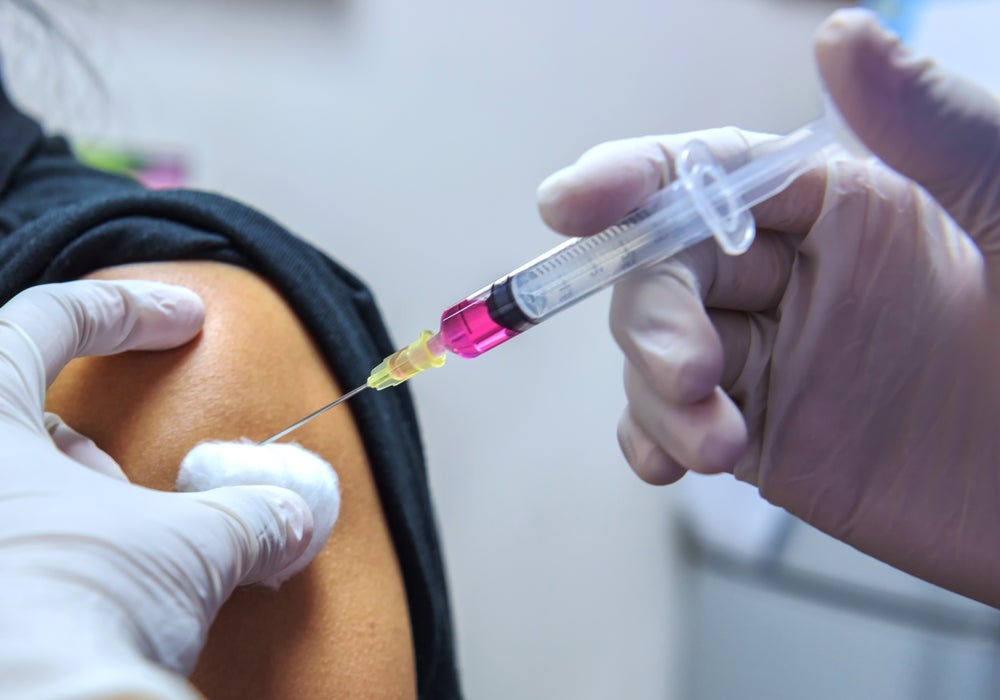
Teenagers and adults under the age of 25 at higher risk of sexually transmitted disease transmission will receive a single dose of the human papillomavirus (HPV) vaccine from September 2023.
Whilst teenagers and eligible gay, bisexual, and other men who have sex with men (GBMSM) under the age of 25 will shift from two doses to one, immunosuppressed individuals (or those known to be HIV positive) will continue a 3-dose schedule.

Discover B2B Marketing That Performs
Combine business intelligence and editorial excellence to reach engaged professionals across 36 leading media platforms.
The change in guidelines followed updated advice from Joint Committee on Vaccination and Immunisation (JCVI), which reviewed global evidence, including a review published by the World Health Organisation (WHO), that shows a single dose offers comparable protection to two doses. The WHO recommendation for a one-dose schedule for girls ages 9–14 years was released in December last year. A paper published this month in The Lancet also added to the overwhelming evidence indicating that a single dose does the trick.
The shift by the UK Health Security Agency (UKHSA) follows moves already made by Scotland and Wales to half the HPV vaccine dose.
It is estimated around 80% of people will be infected with HPV at some point in their life. The virus is asymptomatic and usually does not cause problems. However, some strains of the virus can cause cervical cancer and, less frequently, cancers of the vagina, vulva, penis, and anus.
Currently, the NHS uses Gardasil 9 developed by MSD, which is also known as Merck in US and Canada.

US Tariffs are shifting - will you react or anticipate?
Don’t let policy changes catch you off guard. Stay proactive with real-time data and expert analysis.
By GlobalData“The HPV vaccination programme is one of the most successful in the world and has dramatically lowered the rates of cervical cancer and harmful infections in both women and men – preventing many cancers and saving lives,” said Dr. Vanessa Saliba, Immunisation Consultant Epidemiologist at the UKHSA.
“The latest evidence shows that one dose provides protection as robust as 2 doses. This is excellent news for young people.”




